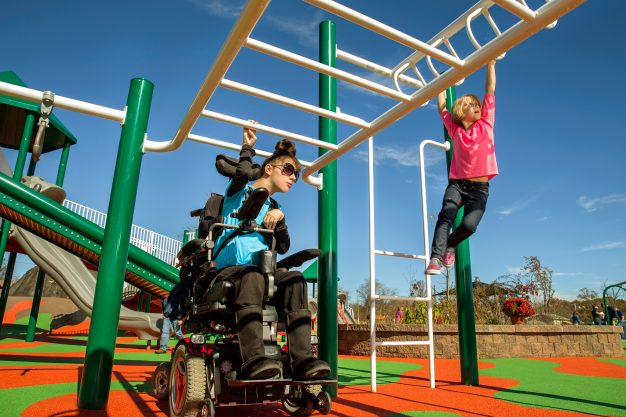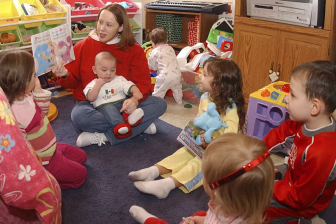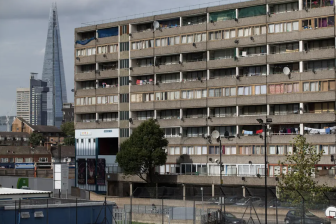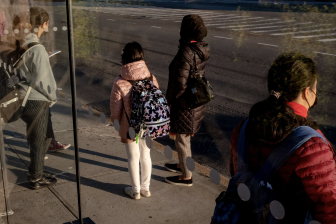
Policymakers ‘must learn to harness the value of children learning through play’
Learning through the experience of play can be a major help in closing achievement gaps between children at opposite ends of the social scale, according to a new report.
Learning Through Play: increasing impact, reducing inequality makes a strong case for policymakers and international organisations to start taking play seriously. Using evidence from early childhood learning programmes across 18 countries, along with interviews of studies’ authors, the report highlights how play not only helps children to learn, but is also supports inclusion and reduces inequalities. Among the key areas focused on are the power of learning through play, closing the learning gap, play for all-round development and what works best
‘Many international organisations still do not recognise play in their statements of education quality’
“In recent years, the benefits of learning through play, especially for early brain development, have been increasingly recognised,” says the report. “But many prestigious international organisations still do not recognise play in their statements of education quality – they need to do so.”
There is also, it adds, ‘a lingering perception among teachers and parents of play as being separate from learning; as being opposed to the seriousness of school and work’.
The report says that learning through play in pre-school settings helps children in very different countries to develop holistic skills that will serve them throughout their lives. “There is some evidence that it helps to close achievement gaps, in particular,” it adds.
“The interventions that help to close achievement gaps not only enable children to make their own choices, but also allow them to try things out and test ideas, and they give children enjoyment.”
Everyone will be familiar with the world-famous product behind the name, and the LEGO Foundation works with children and stakeholders across the world to try and, in its words, ‘inspire and develop the builders of tomorrow’.
Inequities become evident early in a child’s life
Its report points to research by UNICEF which shows that early childhood presents an ‘exceptionally powerful opportunity to break inter-generational cycles of inequity’. These inequities become evident early in a child’s life, and across 64 countries the richest children are seven times more likely to attend pre-school programmes than the poorest. Disadvantages are based on sex, race, poverty, disabilities, geography, ethnicity and language.
It concludes with a set of suggestions for where greater focus and investment could pay off in the long-run. They are: (1) building a better understanding of how free and guided play can close achievement gaps, especially in resource-constrained contexts (2) Testing approaches for increasing learning through play in early childhood interventions (3) Carrying out longitudinal studies of learning through play in early childhood, and the long-term effect on children’s development (4) Applying ‘the lens of learning’ through play in studies of primary education.
Three key recommendations come out of this:
- Improve understanding – gaining a ‘more nuanced understanding’ of how interventions that involve free and guided play can benefit learning
- Explore how to support teachers – more research is needed on how to help teachers change their working methods to make the most of these opportunities
- Research different types of play – better understanding and more research on the right balance between kinds of play, and the importance of play for creativity.
The study was written by Amy Jo Dow, Head of Evidence for the LEGO Foundation, and Bo Stjerne, Chair of Learning through Play.
Click here to download the full report.




